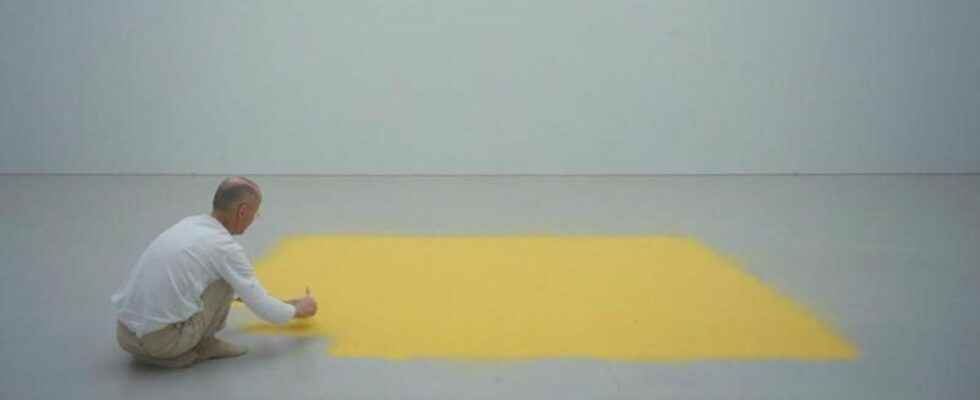Published on
Updated
Reading 3 mins.
Nearly one in eight people worldwide live with a mental disorder, according to the World Health Organization. The phenomenon is such that many international museums are rethinking their missions to address this social issue.
This is the case of the Brooklyn Museum in New York, the Museum of Art and Photography in Bangalore, the Mori Art Museum in Tokyo, and the Martin-Gropius-Bau in Berlin. These four museum institutions are currently participating in the “Mindscapes” project, launched in February by the British charitable foundation Wellcome. The Hamwe Festival in Rwanda and the Los Angeles Public Library also take part in this extensive year-long program, which aims to integrate cultural reflection into discussions about mental health.
For Danielle Olsen, head of cultural partnerships at Wellcome, this multidisciplinary approach is necessary to help the 970 million people in the world suffering from a mental disorder. “Science cannot do this job alone,” she said in a statement. “By working closely with cultural practitioners […] and by bringing together people from a wide variety of disciplinary and professional backgrounds, we are interested in what we can do together, not alone”.
It is clear that there is an urgent need to act. The World Health Organization expressed concern, in a report published in June, of the lack of means deployed to deal with what some could consider as the new evil of the century. Only 2% of national health budgets, and less than 1% of all international health aid, is spent on mental disorders.
A public health problem that transcends borders
The “Mindscapes” program seeks to open up debate, horizons and fields of action by organizing a wide variety of cultural activities in six cities around the world. In Tokyo, the Mori Art Museum is thus hosting, until November 6, the exhibition “Listen to the Sound of the Earth Turning: Our Wellbeing since the Pandemic”. It brings together nearly 140 works of art created by 16 Japanese and international artists. They all focus on topics related to life and existence, in order to encourage the general public to think about what the expression “living well” really means in a post-Covid world.
In Berlin, visitors to the Martin-Gropius-Bau can discover, until January 15, 2023, an exhibition focusing on care, repair and healing. “On Caring, Repairing and Healing” brings together the multiple and sometimes conflicting perspectives of 26 international artists whose works draw on Indigenous and First Nations systems of knowledge.
These issues are also at the heart of the programming of the Hamwe festival, which will take place from November 9 to 13 in Kigali, Rwanda. The fourth edition of this cultural event, organized by the University of Global Health Equity, will focus on the influence that heritage (tangible and intangible) has on the mental well-being of the community.
If mental disorders are an individual issue, they remain a public health problem. However, mental health issues are still taboo in many countries, including India, Indu Antony’s native land. The visual artist fights against this phenomenon through the traveling exhibition she imagined for the “Mindscapes” project. Its name: “Namma Katte” (“my space” in French). It takes the form of a space for relaxation, where women can take the time to reflect on the ordeals they face on a daily basis—and which weigh on their psychological well-being. “Talking about mental health is considered a certain privilege – most people in India don’t have the time or space to sit down and think deeply about themselves,” Indu Antony explained to The Art Newspaper.
The cultural initiatives that are part of the “Mindscapes” program multiply life experiences and analytical prisms to invite us to consider mental health from different angles. “We hope that[elles]inspire him[ont] more culturally relevant mental health conversations,” says Danielle Olsen.
